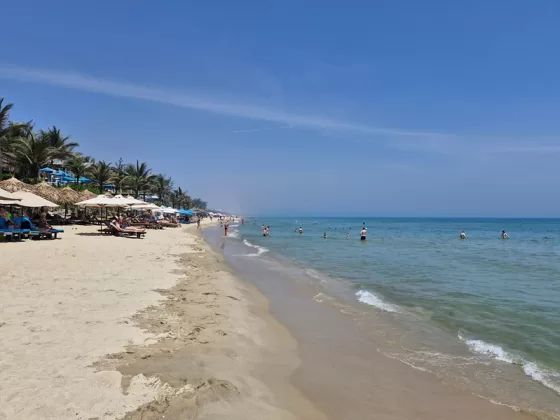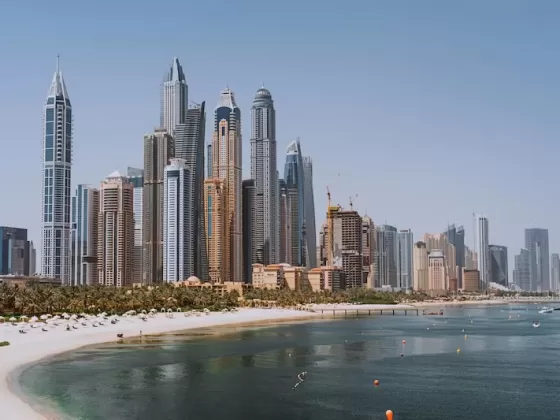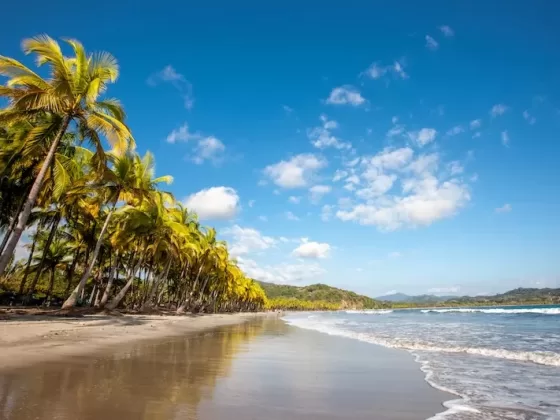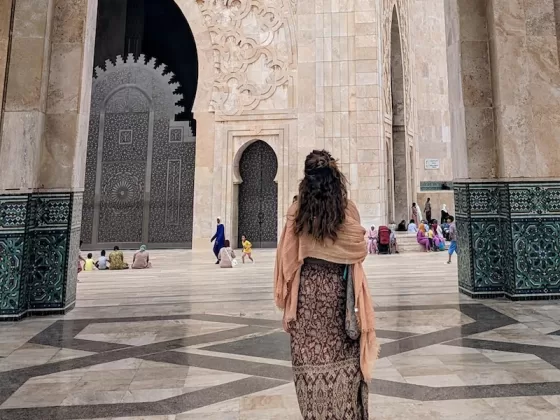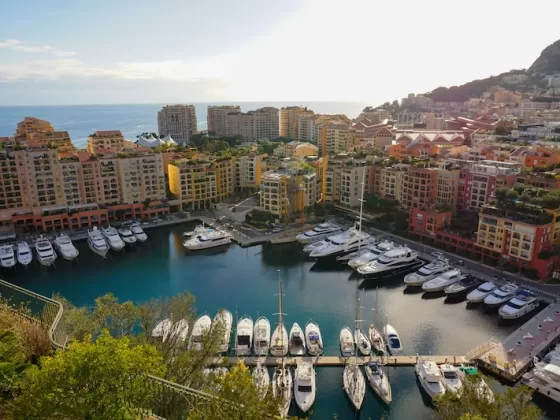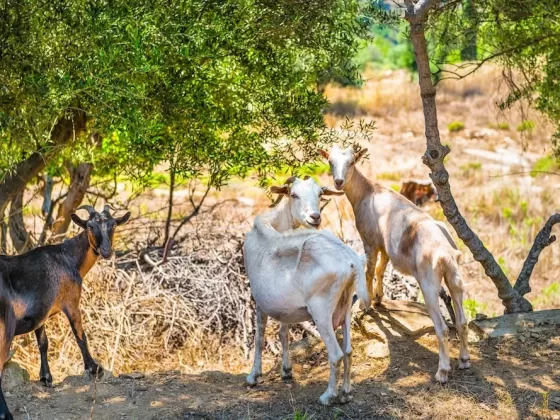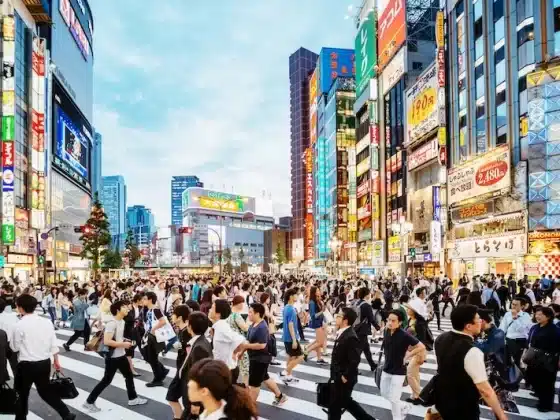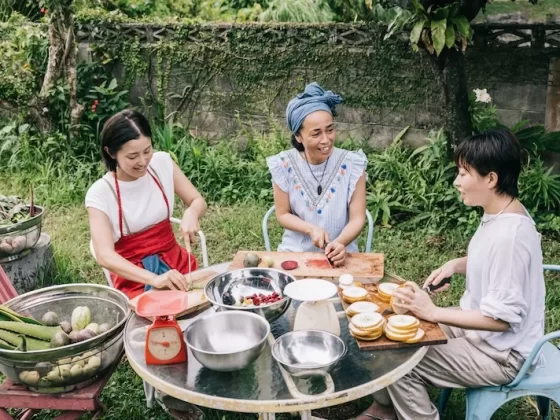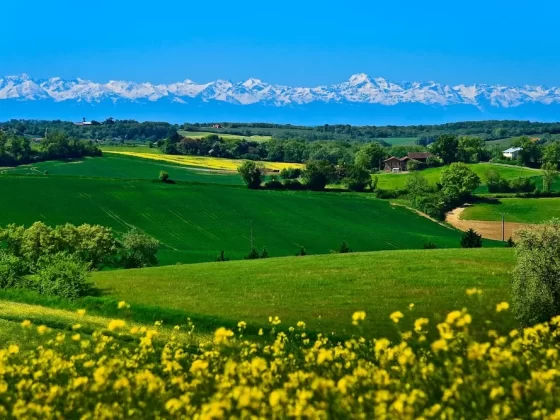They say time doesn’t exist in Sardinia. Or at least, not in the way it does elsewhere—racing past you with the sound of horns, ticking clocks, and unread emails. I first arrived on the island thirteen years ago, at a time when I thought I was running away from something. A job in finance I didn’t love, a relationship that had quietly unraveled, a city—London—that had swallowed me whole. Sardinia was meant to be a pause, a gap year at 30. I planned on staying for three months. I stayed for three years.
And in those three years, I learned what it meant to live. I learned how to slow down. How to eat. How to love. How to age. And maybe, just maybe, how to live forever. Because Sardinia, if you haven’t heard, is one of the world’s five Blue Zones—regions where people live significantly longer than the global average. But it’s not just about the numbers. It’s about how they live. This story isn’t just about longevity. It’s about a way of life that made me rethink everything I thought I knew.
Sardinia was meant to be a pause, a gap year at 30. I planned on staying for three months. I stayed for three years.

Chapter 1: The Shepherd and the Philosopher
I met Pietro on my third day in the village of Ovodda, a place that clings to the rugged folds of Sardinia’s Barbagia region like moss to a stone. The locals told me it was a place where time forgot to tick, where ancient customs linger in the air like the scent of rosemary, and where the rhythm of life is dictated by the land. Pietro was 84 when I met him, herding sheep up and down craggy hills with a fluidity that defied logic, if not biology. He wore the same dusty hat every day, carried a wooden staff smoothed by decades of use, and had a handshake like a tree root.
I had wandered off a hiking trail, looking for a vantage point to watch the sunset. Instead, I found Pietro and his flock silhouetted against the golden sky. He waved me over and handed me a flask of homemade mirto before I could even speak. That was how things worked in Ovodda: no introductions, just gestures, offerings, and trust earned over time.
Pietro spoke little, but when he did, it was with a kind of rustic wisdom that stuck to your ribs like his wife’s barley soup. He believed in walking, laughter, and wine. He mistrusted doctors but had total faith in fennel, olive oil, and afternoon naps. He outlived two wives, raised seven children, and once punched a wolf in the nose. His philosophy? “Stress,” he said, tapping his chest, “is the true killer.” Then he’d lift a glass of Cannonau to the sky, as if to toast the gods who had granted him another day.
He believed in walking, laughter, and wine. He mistrusted doctors but had total faith in fennel, olive oil, and afternoon naps.
Chapter 2: The Food of the Gods
You can’t talk about Blue Zones without talking about food. But Sardinian cuisine isn’t just about ingredients—it’s a ritual, a language, a heritage passed down in taste and texture. Forget superfoods, powders, and TikTok trends. In Sardinia, health is measured by what you grow, not what you buy. Every meal is a mosaic of the earth’s generosity.
My neighbor, Signora Maria, was 91 and made the kind of minestrone that could wake the dead. Her kitchen was her kingdom: walls lined with drying herbs, a wood-burning stove perpetually warm, and a cat named Vivaldi who never missed a meal. Every Wednesday, I’d join her in the early morning light to help peel, chop, stir. She never measured anything. Instead, she relied on memory, instinct, and the rhythm of a life spent nourishing others.
Her pantry held jars of preserved tomatoes, wild fennel seeds, sun-dried figs, and olive oil so golden it could have come from the sun itself. We’d prepare pane carasau, that ancient flatbread with its crackling texture, and bake it with pecorino and eggs for breakfast. The goats’ milk ricotta she made was so light it could float. And every meal, no matter how humble, was an occasion. There is a saying in Sardinia: A tavola non si invecchia—At the table, one does not age. I believe it.
Meals stretched into hours. Lunches turned into dinners. Wine flowed, but always in moderation. They don’t eat for longevity. They eat because it brings them joy. The rest is just a beautiful side effect.

Chapter 3: Community is Medicine
One thing that struck me immediately was how connected everyone was. I once sneezed in the town square and was offered two handkerchiefs, a herbal tea, and an invitation to Sunday lunch. It was charming at first, then humbling, and eventually—essential.
In Ovodda and across the Sardinian highlands, loneliness is an alien concept. Elders live with or near their families. Neighbors are extensions of the same root system, intertwined and interdependent. There’s no such thing as a retirement home. Why would there be? The elderly are not pushed aside. They are elevated. Revered. Their stories form the moral compass of the community.
Pietro would sit by the fire on winter evenings, surrounded by children eager to hear tales of bandits, harvests, and courtships from a world before mobile phones. Maria, despite her age, wove wool scarves for newborns in the village and never missed a festa. Even I, a stranger with clumsy grammar and city-boy shoes, was eventually folded into the fabric of village life. I helped harvest grapes, played dominoes with war veterans, and learned that being part of a community is the most potent medicine there is.
To belong is to heal. To have purpose is to live.
There’s no such thing as a retirement home. Why would there be? The elderly are not pushed aside. They are elevated. Revered. Their stories form the moral compass of the community.
Read more like this: The Quiet Wisdom of Okinawa
Chapter 4: The Magic of Movement
I once asked Pietro if he ever exercised. He squinted at me, puzzled. “Exercise? For what?” His daily life was exercise. He walked uphill to reach his sheep, chopped wood, carried water, and climbed fig trees well into his eighties. Movement wasn’t planned or forced. It was embedded in every ritual of daily life.
Sardinians don’t count steps or track calories. They move because life demands it. From the early hours, the village comes alive with the shuffling of feet, the rhythm of tools, the hum of physical effort. Women knead dough, scrub floors, and work the fields with backs curved like bows. Men ride donkeys to remote plots of land, build dry stone walls, and prune olive trees by hand. Even the elderly participate, not because they have to, but because they want to. Because movement is joy.
One of my favorite memories is of a 93-year-old man dancing the ballu tundu at a village celebration. He stomped and spun with a grace that defied gravity. His eyes sparkled with mischief. His hands clapped in time with the launeddas, ancient reed instruments that sound like the heartbeat of the island. Movement here isn’t about fitness. It’s about freedom. And freedom is life.

Chapter 5: A Different Kind of Rich
One winter night, Pietro and I sat by the fire, sipping grappa and listening to the wind scrape across the shutters. He turned to me and said, “You know why we live long? Because we are not afraid to live simply.”
That sentence sat with me for days. Sardinia is not rich by Wall Street standards. There are no five-star resorts in Ovodda. No Teslas or rooftop bars. But the people are rich in time. In tradition. In flavor. In story. Pietro had never left the island. Never flown in a plane. Yet he carried the universe in his eyes. He was whole.
I came to Sardinia seeking distance from a life that had become too fast, too loud, too disconnected. I left with more than memories. I left with a map back to myself. I began to see that in this slowness—in this radical simplicity—was a kind of revolution. One that didn’t promise six-pack abs or six-figure incomes. Just six more years. Ten more. A life not only longer, but deeper.
“I left with more than memories. I left with a map back to myself. I began to see that in this slowness—in this radical simplicity—was a kind of revolution.”

Lessons from the Island
Eventually, I left Sardinia. Life, as it does, called me back. But I returned not as the same man who had arrived. I returned with a different clock inside me. One that ticks more slowly. More kindly. I walk more now. I eat slower. I call my mother every day. I grow rosemary on my balcony and drink wine like it’s a poem.
When the world gets too fast, I close my eyes and see Pietro, standing on a hill with the wind in his face, lifting his glass to the sky and saying, “Not yet.”
Sardinia taught me that longevity isn’t a goal. It’s a side effect. Of connection. Of purpose. Of laughter. Of land. If we want to live longer, maybe we don’t need another app. Maybe we just need to live like islanders.
Read more like this: The Best Countries for Financial Freedom
Maybe we just need to remember. And then, maybe, we live forever.
“Sardinia taught me that longevity isn’t a goal. It’s a side effect. Of connection. Of purpose. Of laughter. Of land. If we want to live longer, maybe we don’t need another app.”
————————
Luca B. is the Co-Founder of Italia Concierge, a boutique agency that designs bespoke experiences for VIP clients and partners across the world.
Stay Ahead of the Journey!
Subscribe now for the latest in Travel News, International Destinations, Expat Life, Moving Abroad and Digital Nomad opportunities we’ve got your next adventure covered. Don’t miss out!

